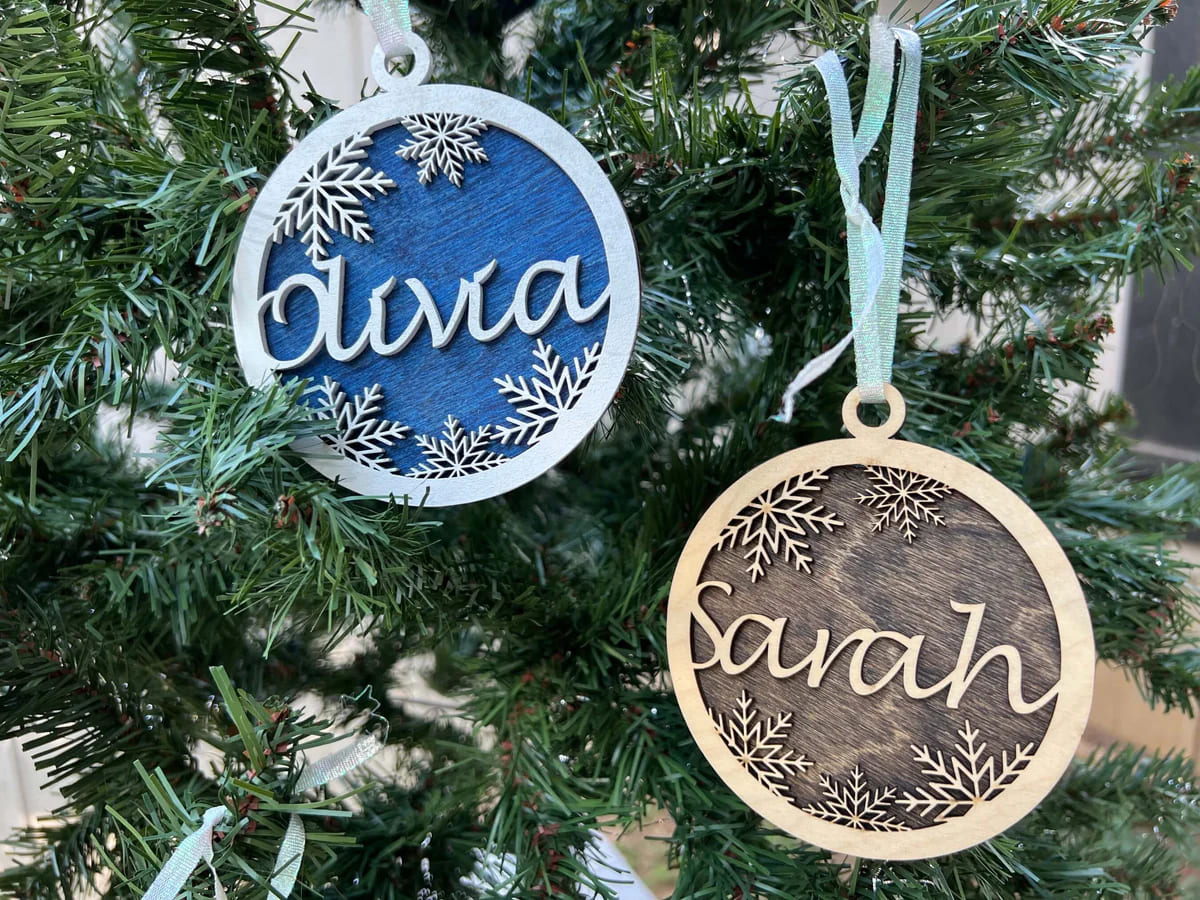The Difference Between Laser Engraving, Etching, and Marking: Which is Right for You?
Laser technology has revolutionized the world of engraving, etching, and marking, offering precise and permanent solutions for various industries. In this comprehensive guide, we will delve into the differences between laser engraving, etching, and marking techniques, explore their applications, discuss factors to consider when choosing the right method, highlight the benefits and limitations of each technique, showcase industry-specific applications, and explain why Superior Laser Marking is the ideal choice for all your laser needs.
Understanding Laser Engraving
- Laser engraving is a technique that uses laser beams to remove material from the surface of an object, creating deep and permanent marks. It is commonly used for personalization, branding, and decorative purposes.
- The laser beam vaporizes or melts the material, leaving behind a noticeable indentation or groove.
- Laser engraving is ideal for creating detailed designs, intricate patterns, and text on materials such as wood, metal, glass, and plastic.
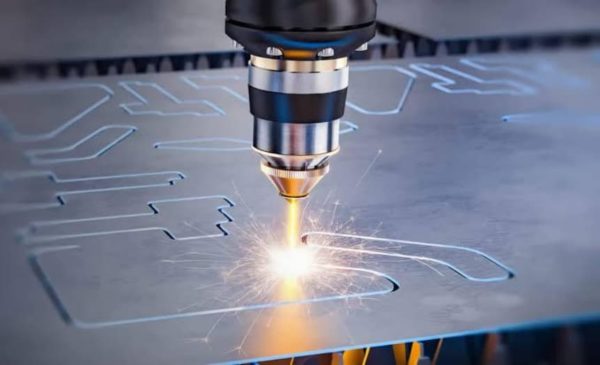
Laser Engraving Process
Exploring Laser Etching
- Laser etching, also known as laser ablation or laser frosting, involves using a high-intensity laser beam to heat the surface of a material, causing it to melt or vaporize.
- Unlike engraving, laser etching creates a shallow mark without removing material. The process results in a contrasting color change or texture variation on the surface.
- Laser etching is commonly used for barcodes, serial numbers, and logos on materials like metal, ceramics, and glass. It provides a permanent, high-contrast marking solution.
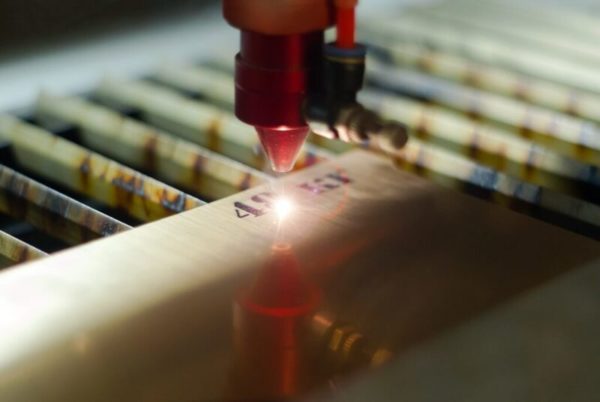
Laser Etching Process
Unveiling Laser Marking
- Laser marking is a versatile method that creates precise and permanent marks on a wide range of materials.
- It involves altering the material’s properties, such as its color or surface texture, without removing or damaging the surface.
- Laser marking is suitable for various applications, including part identification, traceability, and aesthetic enhancements. It offers high-speed marking capabilities and can be used on materials like metals, plastics, composites, and even organic materials like wood or leather.
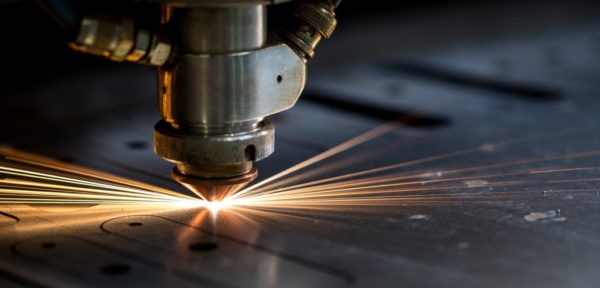
Laser Marking Process
Factors to Consider in Choosing the Right Method
When selecting the appropriate laser method, several factors should be considered:
Material: Different materials require specific laser techniques. Some materials may react better to engraving, while others may benefit from marking or etching.
Depth and Permanence: Evaluate whether you need a deep, permanent mark or a more superficial, contrast-based mark.
Design Complexity: Consider the intricacy of your design or pattern, as some methods are better suited for detailed work.
Production Speed: If you require high-speed marking, laser marking may be a better choice than engraving or etching.
Cost: Each method has its own cost considerations, including equipment, maintenance, and operational expenses.
Benefits and Limitations of Each Method:
a. Laser Engraving:
Benefits:
- Creates deep, permanent marks with high precision.
- Ideal for personalization, branding, and decorative purposes.
- Suitable for materials like wood, metal, glass, and plastic.
Limitations:
- Removing material may cause slight damage or alterations to the surface.
- Complex designs may require longer processing times.
- Not suitable for marking on some materials, such as fabrics or organic surfaces.
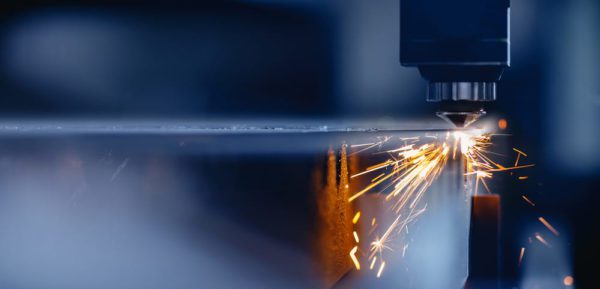
b. Laser Etching:
Benefits:
- Creates shallow marks without removing material.
- Provides high-contrast and permanent marking.
- Commonly used for barcodes, serial numbers, and logos.
- Suitable for materials like metal, ceramics, and glass.
Limitations:
- Limited depth capability compared to engraving.
- May not be suitable for materials with low heat resistance.
- Intricate designs may not be as sharp or detailed.

c. Laser Marking:
Benefits:
- Versatile method that alters material properties without removing material.
- Offers high-speed marking capabilities.
- Suitable for a wide range of materials, including metals, plastics, and composites.
- Ideal for part identification, traceability, and aesthetic enhancements.
Limitations:
- Markings may not be as deep as engraving.
- Contrast-based markings may be less visible on certain materials.
- Not suitable for materials that cannot withstand heat or laser exposure.
Industry-Specific Applications of Each Method:
Laser Engraving:
- Jewelry industry: Customizing jewelry pieces with intricate designs.
- Awards and trophies industry: Engraving names, logos, and messages on awards.
- Woodworking industry: Personalizing wooden products, signage, and furniture.
Laser Etching:
- Electronics industry: Marking serial numbers and barcodes on electronic components.
- Automotive industry: Engraving logos, part numbers, and safety information on car parts.
- Medical industry: Marking medical instruments and implants with identification codes.
Laser Marking:
- Aerospace industry: Engraving part numbers and traceability codes on aircraft components.
- Packaging industry: Marking expiration dates, lot numbers, and product information on packaging materials.
- Consumer goods industry: Personalizing promotional items and merchandise.

Why Choose Superior Laser Marking for Your Laser Needs:
Superior Laser Marking stands as a trusted provider of laser services for engraving, etching, and marking. With our expertise, state-of-the-art equipment, and commitment to quality, we offer:
- Exceptional precision and accuracy
- Versatility across materials and applications
- Customized solutions tailored to your specific requirements
- Timely delivery and excellent customer service
Contact us today to learn more about how we can help with your laser needs.
Understanding the differences between laser engraving, etching, and marking techniques is crucial in choosing the right method for your specific needs. By considering factors such as material compatibility, precision requirements, and application limitations, you can make an informed decision. Whether you require laser services for automotive, medical, aerospace, or other industries, Superior Laser Marking is your trusted partner, delivering superior results and exceptional customer satisfaction.
Learn more about the difference between laser engraving and traditional engraving methods in our article.




